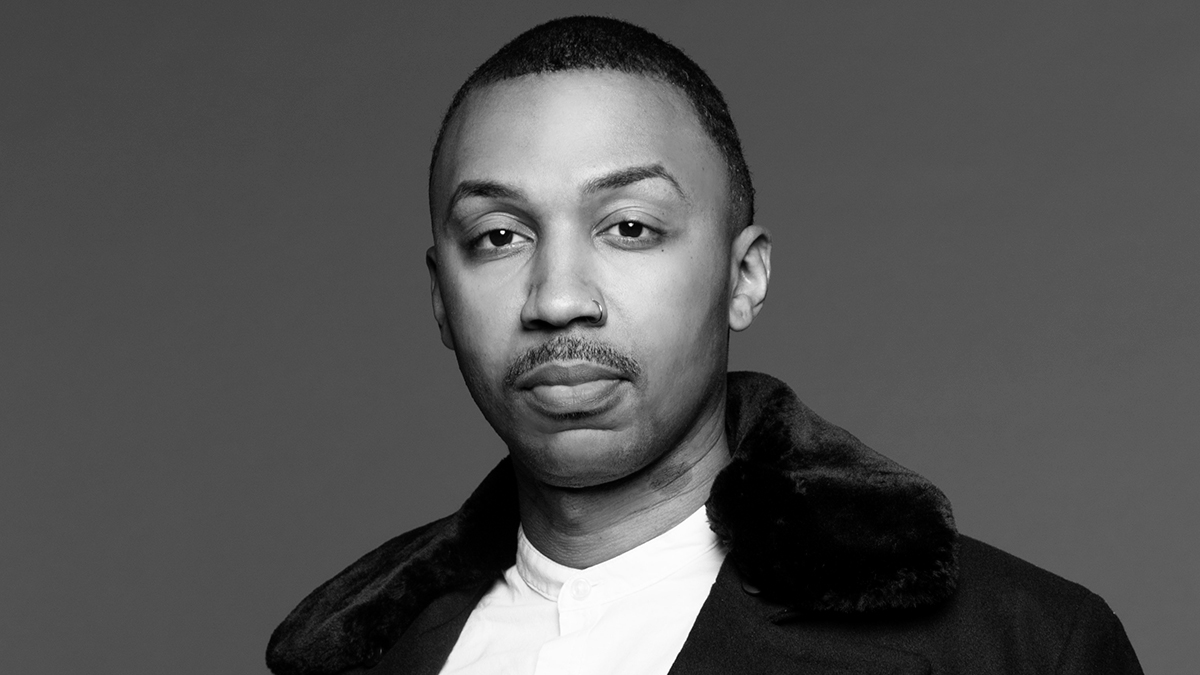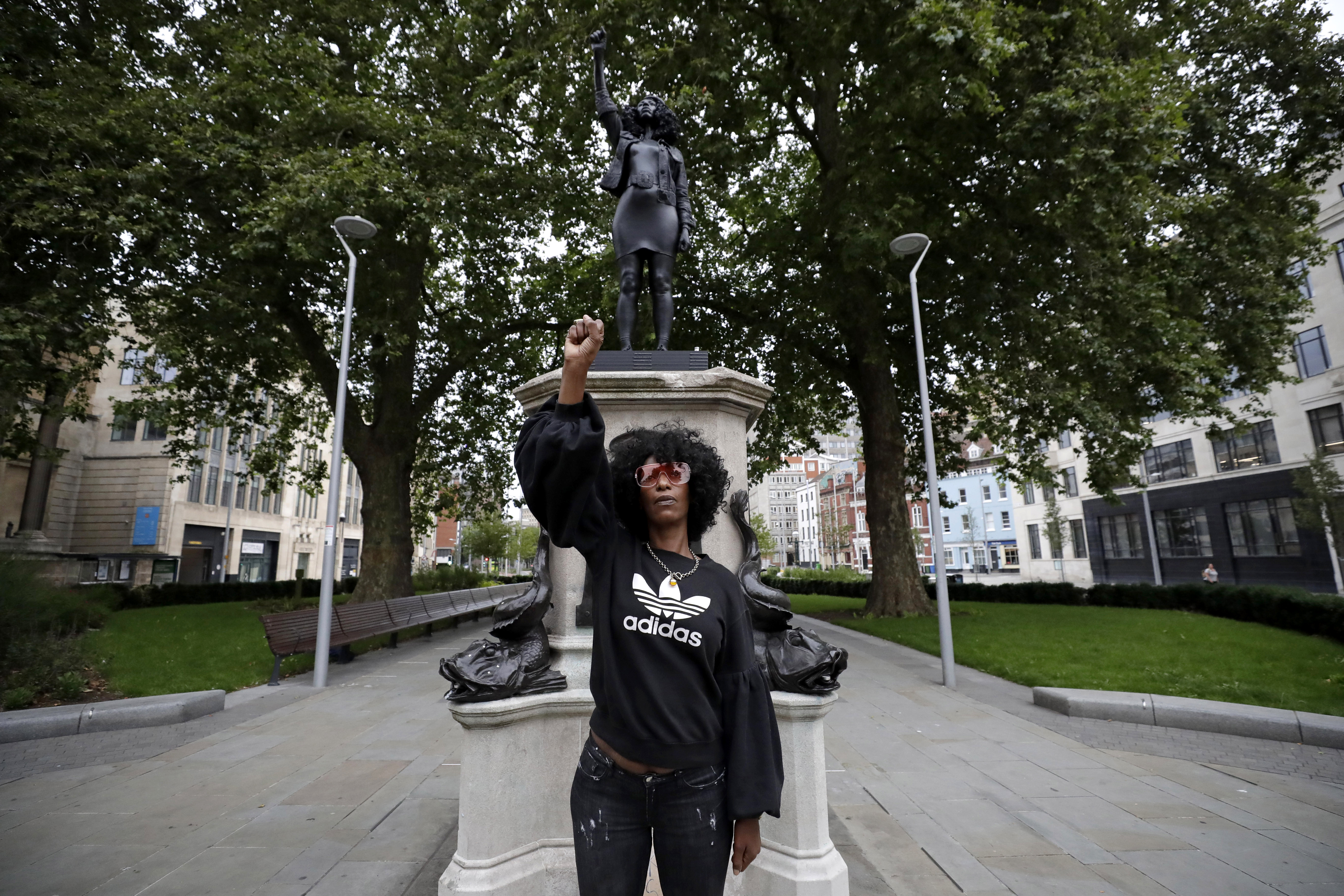A Vermont muralist is hoping to turn pain and anger over the deaths of Black people at the hands of police into an opportunity for reflection that amplifies voices of community members of color.
"I'm just trying to send the message that 'Black Lives Matter' is bare minimum," said Lopi LaRoe. "Can we protect Black lives? Can we cherish them? And nourish, and respect, and trust?"
The latest work from LaRoe, who uses the street art name LMNOPI, is in downtown Rutland, a city that's quickly gained a reputation as a destination to check out murals and outdoor sculptures.
It shows a young Black girl, with her natural hair, on a massive scale.
The child in the painting is named Breonna, as an homage to Breonna Taylor of Kentucky, who was killed by police gunfire in her own home.
The artist said she likes to imagine her Breonna growing up in a world free from racism and biases.
"I want to encourage my fellow Anglos to be anti-racist in their everyday practice, and also fight for the end to systemic oppression," LaRoe told NECN and NBC10 Boston.
Members of Rutland's Black community said they appreciate the representation and affirmation the mural offers.
"I'm really glad to see something like this here," said James Shipp of Rutland. "Maybe people will come and see it and realize, "She's just like my little girl!'"
More Black Lives Matter News
"Not only Rutland but the state of Vermont—there aren't a lot of people of color," observed Chrispin White, whose office is not far from the new mural. "And for children to go around and see something that represents them and what they look like is uplifting. When you walk by, it can only fill you with joy, because it's such a beautiful illustration."
White predicted the painting of the child named Breonna will help spark conversations between neighbors that lead to deeper understanding of differences—what he says is urgently needed right now.
"I think as a country, we could come together and turn all of this negativity into something very positive," White said.



